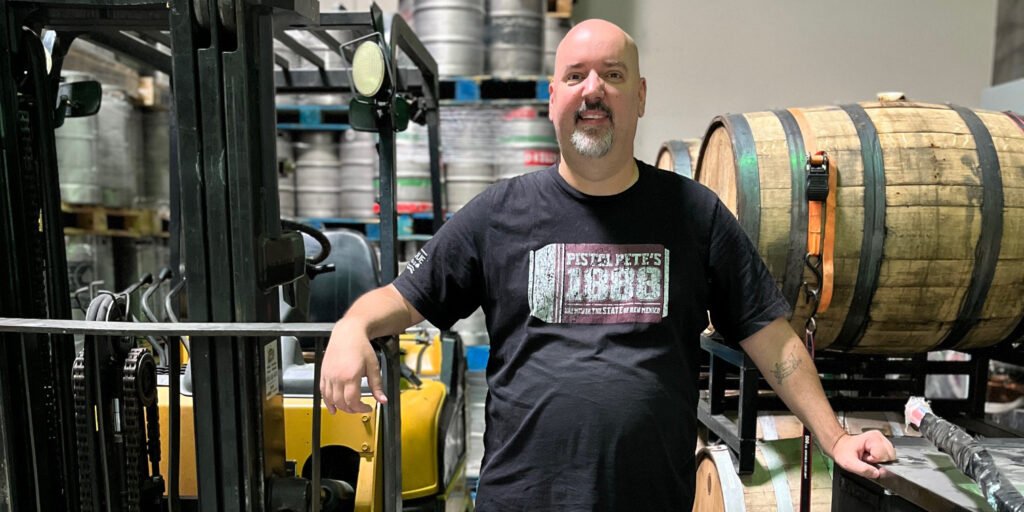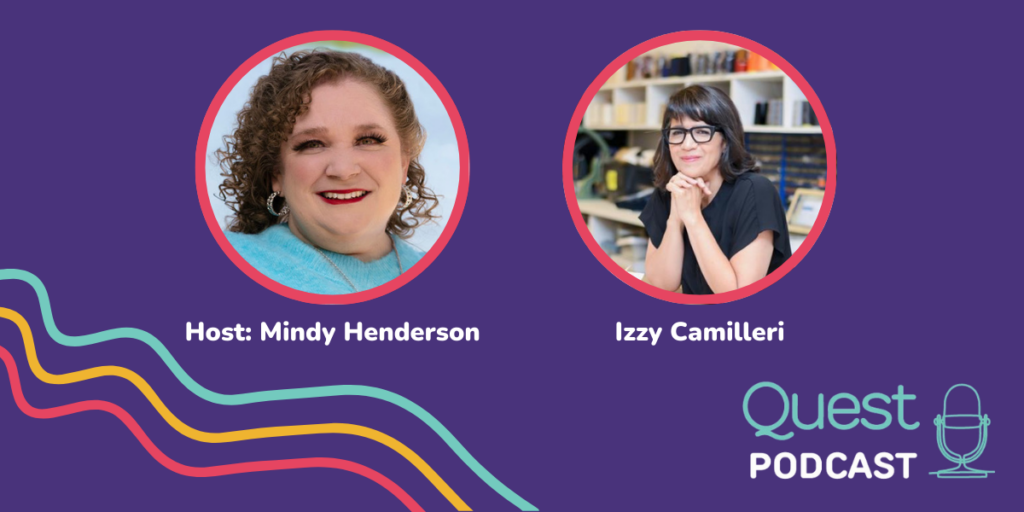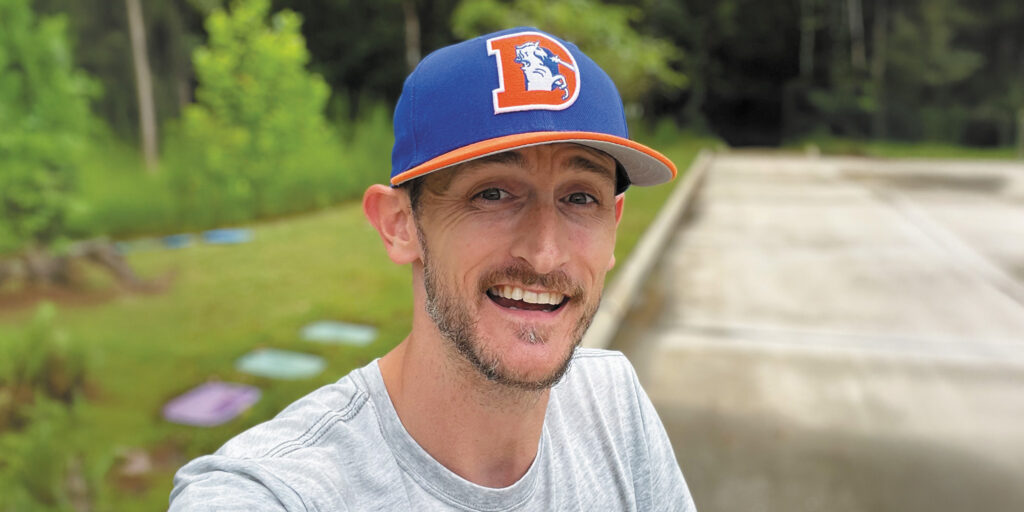
Finding a New Career Path Suited for Your Needs
By Rebecca Hume | Monday, November 18, 2024
5 Second Summary
Quest for Success explores the different paths that individuals with neuromuscular disease have taken to reach their potential and pursue dreams. This series spotlights individuals from our community and shares their journey to independence and accomplishment.
Human resources (HR) professional Scott Conger is using his experience to help others get the accommodations they need to chase their own success. Diagnosed with an unspecified neuromuscular disease at 12 years old, Scott spent much of his childhood and early adulthood trying to hide his disability. In doing so, he didn’t seek assistance that could have helped him on his journey. Now 47, he has learned to embrace his abilities and adapt to the progression of what he now knows is RYR1 myopathy, a diagnosis he received through genetic testing in 2022.
Throughout his school experience, Scott did not request accommodations or use assistive devices. The lack of accessibility support made college life difficult as his muscles fatigued throughout the day. After spending one year trying to traverse a large campus, carrying heavy books and supplies without assistance, he decided to leave school. A few years later, he made an even more important decision to begin acknowledging and addressing his needs.
“My path forward has been an evolution — as my muscular dystrophy has progressed, I have progressed, too,” Scott says. “I have learned to adapt and pivot, grow, change, and admit to myself that I do, in fact, need help or need to do things another way.”
The road to acceptance
Scott eventually found his place in HR with Bosque Brewing, a New Mexico brewing company and restaurant group with an inclusive business model centered on celebrating and engaging everyone, including those living with physical or mental disabilities. That culture helped Scott recognize that embracing his disability would empower him to move forward.
When he began working for Bosque Brewing, he was not yet using a wheelchair. After several falls at work and a poignant conversation with a colleague, he recognized that using a wheelchair would not take away from who he was but instead would allow him to be himself.
“I refused to admit that I needed a wheelchair for a long time. But once I had it, I realized it was not a bad thing but a tool that enables me to do more, be more involved, and go more places,” Scott says. “I went from being unable to do what I wanted because of this progressive disability to gaining mobility with a power wheelchair. I had to shift this unhealthy internal point-of-view that people would see my chair instead of seeing me.”
Scott’s manager at that time helped him face his negative preconceptions about using a wheelchair. When he told her he wished he could “just be normal,” she responded, “But what is normal? And who is normal? Why can’t you just be you? Everyone is normal.”
That line of thinking propelled Scott into a new chapter of his life, where he no longer feels the need to hide his disability. Although he can stand and walk short distances, Scott uses a power wheelchair to enhance his mobility at work and in daily life. He finds freedom and opportunity using the supports available to him. As an HR professional, a husband, and a father, Scott says his work is just beginning.
“To me, my muscular dystrophy doesn’t mean that I can’t do something — it means I need to find a way,” he says.
Achieving balance
Because Bosque Brewing is an inclusive organization, Scott’s workplace was already accessible for his power wheelchair, and he didn’t need additional on-site accommodations. However, muscle fatigue affects his ability to work. Scott compares his energy throughout the day to a rechargeable battery. As he uses energy, his battery gets lower. When it’s too low, he feels fatigued and needs to recharge. His employer gave Scott the option of working from home a few days a week or working entirely remotely. Working from home allows Scott to reserve energy by avoiding taxing routines like commuting, packing and unpacking, and setting up to work. But he also enjoys his time at the brewery with his co-workers and finds balance alternating between working at home and on-site. He values the relationships he has built and especially enjoys providing guidance and assistance to others.
“I wouldn’t have the satisfaction or feeling of achievement in my life if I had stopped working because of my symptoms or refused to adapt. In fact, it gives me strength to serve others,” he says. “I can relate to the process of requesting an accommodation or being timid in coming forward to say you need an accommodation. I tell others, ‘You are a valuable member of a team and have a place on that team, whether you need an accommodation or not.’”
Rebecca Hume is a Senior Specialist and Writer for Quest Media.
Quest Media content on employment: https://mdaquest.org/tag/employment/
Other Quest for Success stories: https://mdaquest.org/tag/quest-for-success/
Personal stories: https://mdaquest.org/personal-stories/
Next Steps and Useful Resources
Stay up to date on Quest content! Subscribe to Quest Magazine and Newsletter.
Disclaimer: No content on this site should ever be used as a substitute for direct medical advice from your doctor or other qualified clinician.




